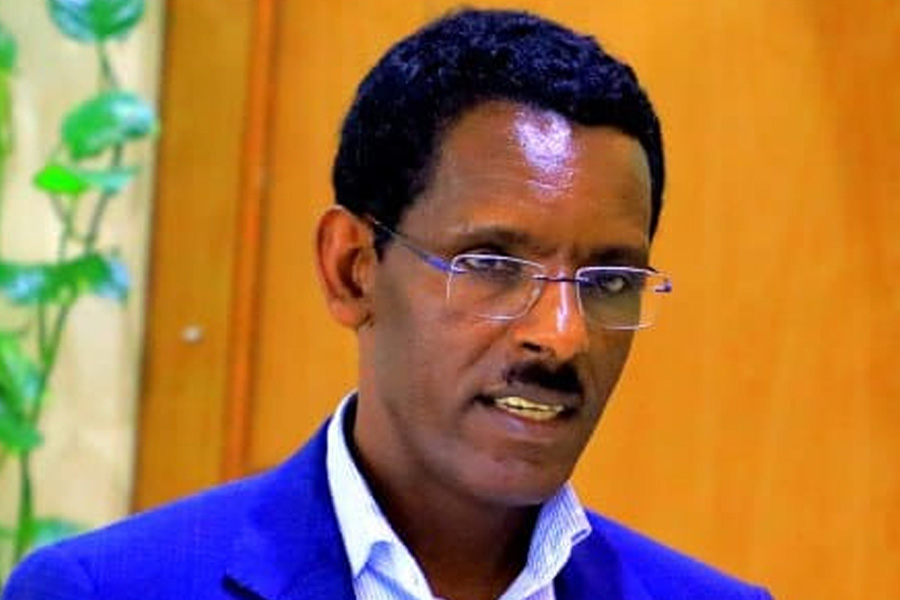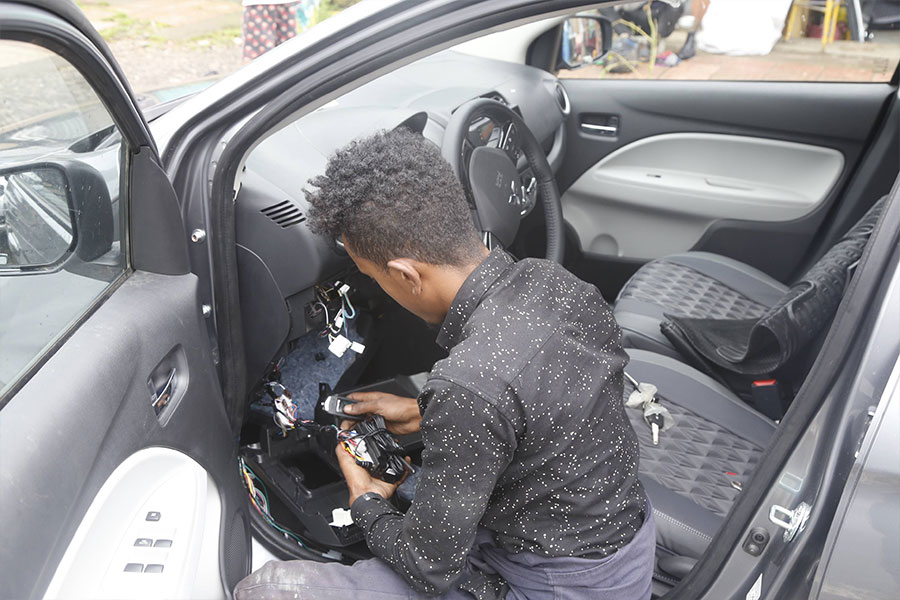
Commentaries | Aug 21,2021
Aug 24 , 2019
By SELAMAWIT MENGESAHA ( FORTUNE STAFF WRITER )
A joint effort between the government and development partners will recycle car batteries, which are known for environmental contamination and can be toxic if humans become exposed to them.
The Environment, Forest & Climate Change Commission and GIZ initiated the draft of a road map detailing short, mid and long-term plans in recycling the batteries.
Expected to have an implementation cost of 1.1 million euros, the finance will be covered by the European Union under its Energising Development Partnership. The road map is planned to be released in November 2019.
The draft road map was tabled for discussion on August 22, 2019, with representatives from the Ministry of Irrigation & Electricity, the Commission, non-governmental organisations, universities and the private sector. The participants discussed the structure and approach that would be taken to tackle the problem.
Collection and recycling of car batteries are economically attractive with prices ranging from 1,600 dollars to 2,500 dollars a tonne of scrap lead, according to the road map.
The batteries contain large quantities of acid, lead residues and lead compounds that have a potential to contaminate soil, groundwater and the atmosphere, causing irreversible damage to human health, especially to the nervous system.
If these batteries are not professionally collected, dismantled, disposed or re-furbished, they cause irreversible intoxication to communities and the surrounding environment, according to Tadese Amere (PhD), director at the Pesticide Action Nexus Association.
"There is a widespread lack of awareness about the environmental and health risks related to battery recycling," reads the document. "Most stakeholders will need guidance and technical support to become compliant with the most recent and progressive legislation on e-waste and hazardous waste management."
In Ethiopia, the usage of lead-acid batteries in the off-grid electrification and transport sectors is expected to grow given the national electrification strategies and the steady increase in the number of vehicles in the country, according to Ayele Hegena (PhD), director-general for environmental policy, laws and standards at the Commission.
Awash Auto Batteries is one of the private-sector partners that supports the Commission’s road map. Established in 2009, Awash recycles scrap lead batteries and supplies them to the market.
Awash buys old batteries from retail shops at Merkato and Aroge Tera to recycle and supply them to organisations such as Anbessa City Bus Service Enterprise and Ethiopian Electric Power, according to Tsegaye Atakileti, a distributor at Awash.
The Ethiopian recycling industry for e-waste products in general and battery acid, in particular, is still in its infancy with only a few industrial-level recycling companies established, according to Ayele.
"Improved used lead-acid battery life-cycle management in Ethiopia will reduce the risk of lead and acid-related contamination to humans and the environment," Ayele said.
The detailed implementation of the road map will be developed under three pillars, which are an economic incentive for used lead-acid battery handlers, as well as capacity development for the private sector and the public sector.
The road map is very important in reducing the lead-acid effects on the environment, according to Woldeamlak Bewket (Prof.), dean of the College of Social Sciences at Addis Abeba University.
"It should be implemented using qualified human resources, adequate financial resources and quality raw materials, which are usually the challenges faced by these kinds of projects," said Woldeamlak.
The expert believes the development of the road map should be a joint effort between different institutions.
PUBLISHED ON
Aug 24,2019 [ VOL
20 , NO
1008]

Commentaries | Aug 21,2021

Viewpoints | Sep 11,2020

Radar | Mar 06,2021

Fortune News | Feb 13,2021

Radar | Dec 01,2024

Radar | May 31,2020

Commentaries | Jul 27,2024

Featured | Sep 18,2021

Radar | Dec 05,2018

My Opinion | Aug 26,2023

Dec 22 , 2024 . By TIZITA SHEWAFERAW
Charged with transforming colossal state-owned enterprises into modern and competitiv...

Aug 18 , 2024 . By AKSAH ITALO
Although predictable Yonas Zerihun's job in the ride-hailing service is not immune to...

Jul 28 , 2024 . By TIZITA SHEWAFERAW
Unhabitual, perhaps too many, Samuel Gebreyohannes, 38, used to occasionally enjoy a couple of beers at breakfast. However, he recently swit...

Jul 13 , 2024 . By AKSAH ITALO
Investors who rely on tractors, trucks, and field vehicles for commuting, transporting commodities, and f...

Nov 1 , 2025
The National Bank of Ethiopia (NBE) issued a statement two weeks ago that appeared to...

Oct 25 , 2025
The regulatory machinery is on overdrive. In only two years, no fewer than 35 new pro...

Oct 18 , 2025
The political establishment, notably the ruling party and its top brass, has become p...

Oct 11 , 2025
Ladislas Farago, a roving Associated Press (AP) correspondent, arrived in Ethiopia in...